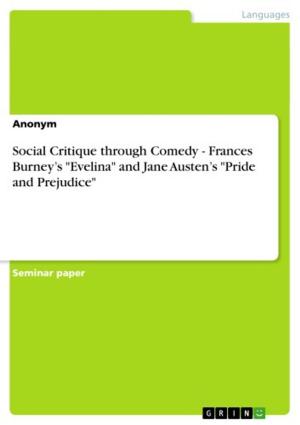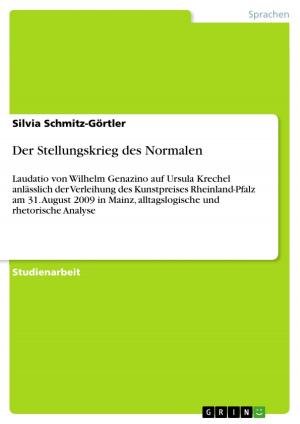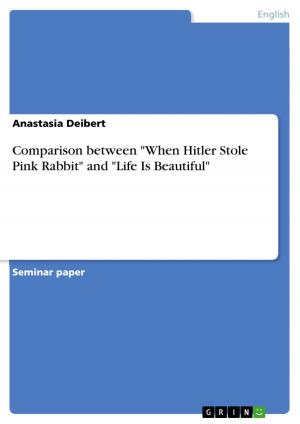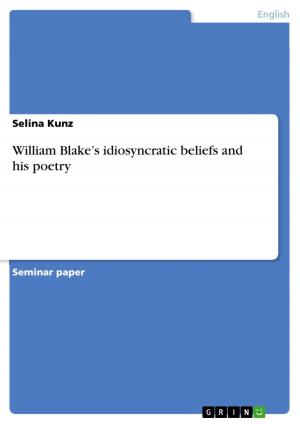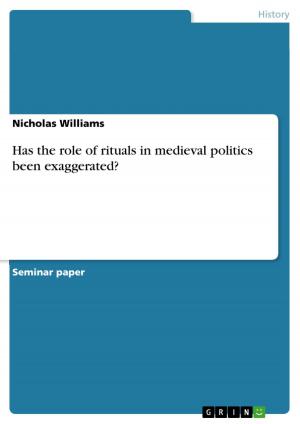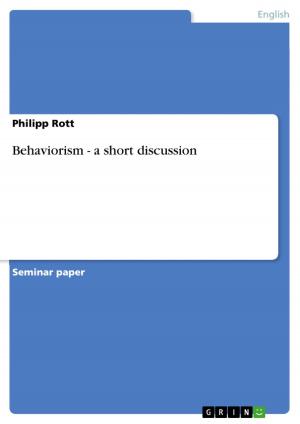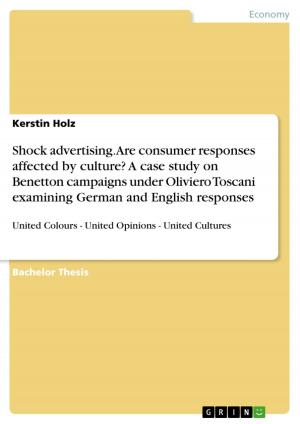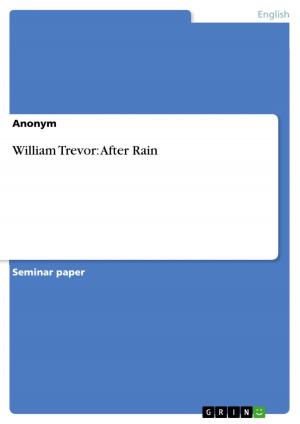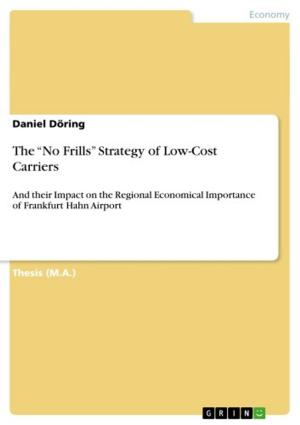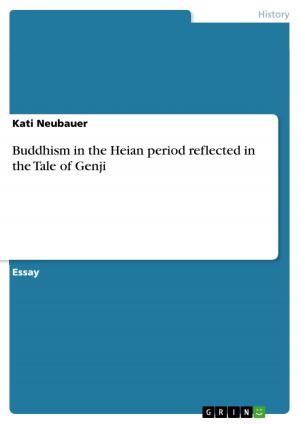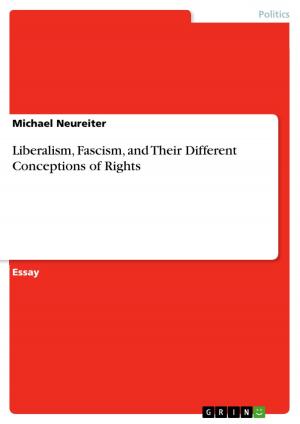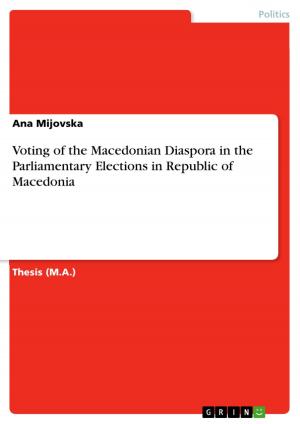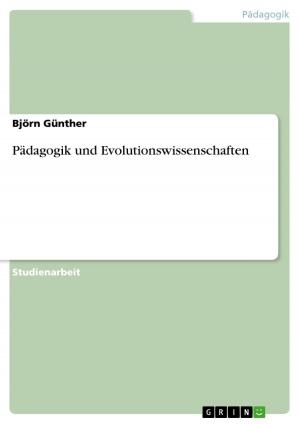Intercultural encounters in foreign language teaching
Analysis of a school exchange to Cullingworth as a means to promote the development of ICC
Nonfiction, Reference & Language, Study Aids, ESL, Foreign Languages| Author: | Marco Sievers | ISBN: | 9783638897662 |
| Publisher: | GRIN Publishing | Publication: | January 22, 2008 |
| Imprint: | GRIN Publishing | Language: | English |
| Author: | Marco Sievers |
| ISBN: | 9783638897662 |
| Publisher: | GRIN Publishing |
| Publication: | January 22, 2008 |
| Imprint: | GRIN Publishing |
| Language: | English |
Seminar paper from the year 2005 in the subject English - Pedagogy, Didactics, Literature Studies, grade: 1,3, University of Hannover, course: Intercultural Learning in the English Language Classroom, 16 entries in the bibliography, language: English, abstract: This term paper will analyse a student exchange to England, carried out by a grammar school in Stolzenau, as an encounter program promoting Intercultural Communicative Competence (ICC). First, it will present the development of ICC as one main goal of the contemporary Foreign Language Teaching (FLT) and will define the intercultural speaker as its ideal. Furthermore it will give a short overview on the targeted knowledge, skills, attitudes and educational aims behind this concept, and will introduce school exchanges as one mean to facilitate the development of ICC. The ensuing paragraphs will deal with principles of the design of encounters. They will present important factors, prerequisites and practical options for organizing exchanges. These principles will lay the foundation of an evaluation of the Stolzenau exchange to Cullingworth trying to establish a connection between theory and practice.
Seminar paper from the year 2005 in the subject English - Pedagogy, Didactics, Literature Studies, grade: 1,3, University of Hannover, course: Intercultural Learning in the English Language Classroom, 16 entries in the bibliography, language: English, abstract: This term paper will analyse a student exchange to England, carried out by a grammar school in Stolzenau, as an encounter program promoting Intercultural Communicative Competence (ICC). First, it will present the development of ICC as one main goal of the contemporary Foreign Language Teaching (FLT) and will define the intercultural speaker as its ideal. Furthermore it will give a short overview on the targeted knowledge, skills, attitudes and educational aims behind this concept, and will introduce school exchanges as one mean to facilitate the development of ICC. The ensuing paragraphs will deal with principles of the design of encounters. They will present important factors, prerequisites and practical options for organizing exchanges. These principles will lay the foundation of an evaluation of the Stolzenau exchange to Cullingworth trying to establish a connection between theory and practice.

